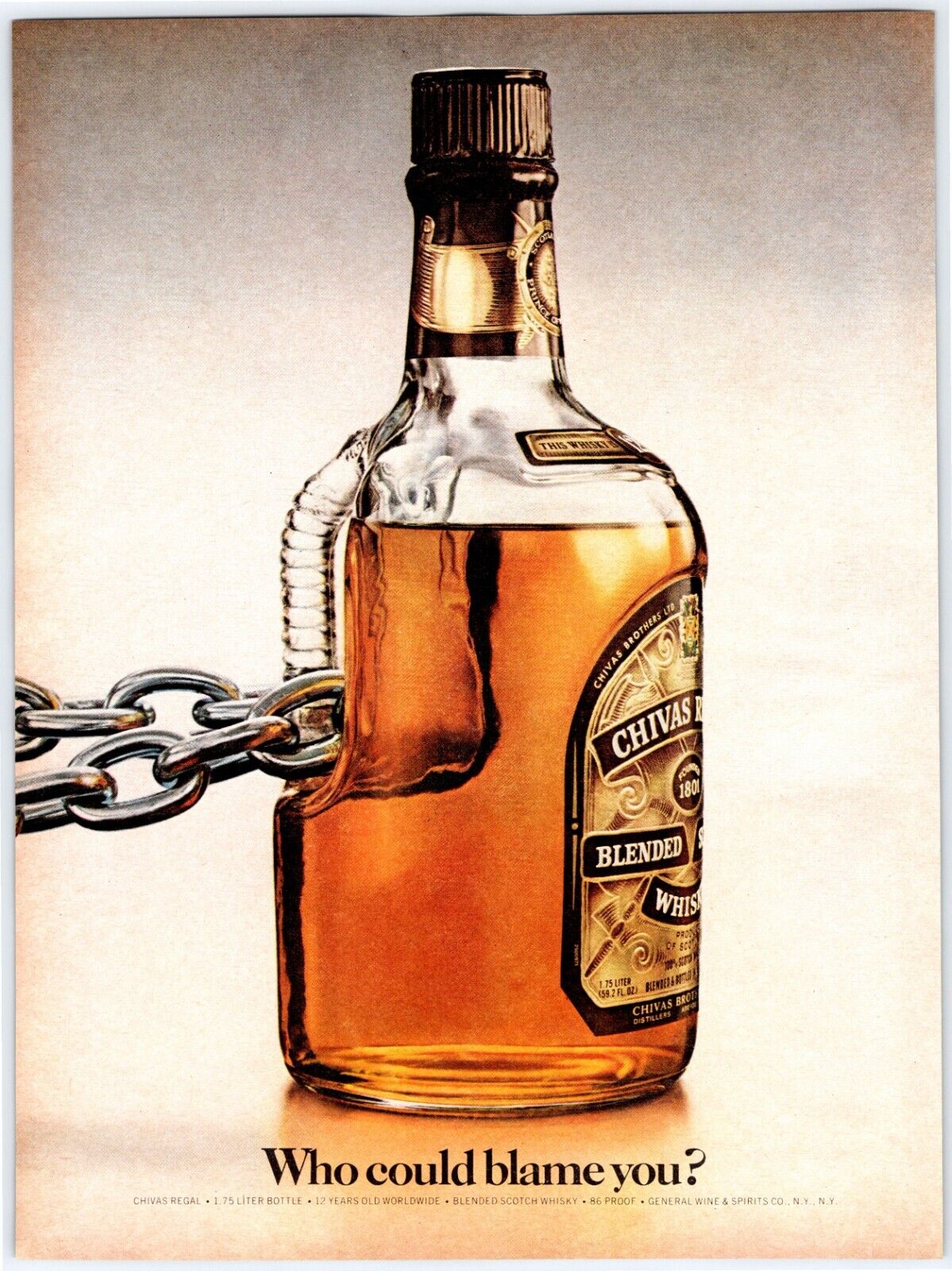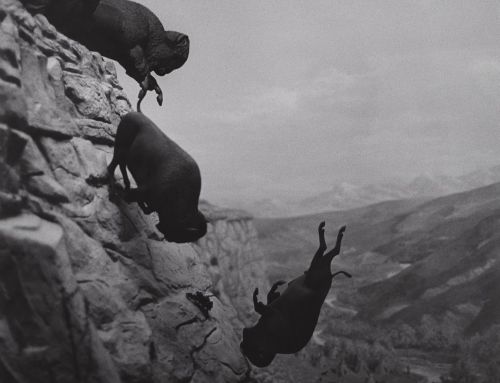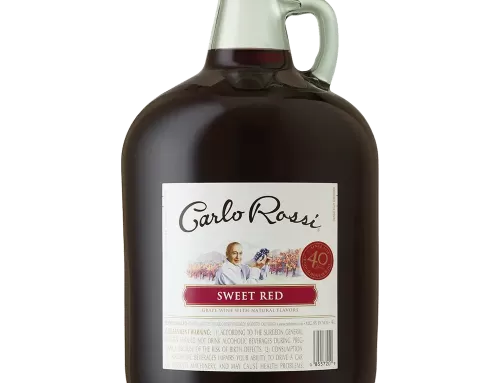One way to know that Dry January is gaining momentum is the increasing backlash against it by people in beverage alcohol industry. This year I’ve seen a truly remarkable number of brands riffing on or outright ridiculing the idea.
These social media posts and advertisements have generally fallen into three broad buckets. The first is supportive, stating that their business is offering non-alcoholic options during the month. The second is using it to promote their own, alcohol-related business, sometimes in a playful way. The third are ones openly mocking the idea, calling it a sham or worse. I’ve seen some play off people’s shortcomings, saying essentially “Failed at Dry January? It’s okay. Have a drink with us!” I am reminded of the infamous 1980 Chivas Regal Whiskey advertisement.
To people making fun of the concept I ask, what’s wrong with Dry January?
The idea of Dry January is simple. December is, for many, a month of excess. This often includes overeating and excessive consumption of alcohol. In response, some have decided to take the month of January off from alcohol completely, or at least try to. The number of people doing so has continued to grow in recent years.
However, it appears that some people, particularly a sub-group of people who work in the alcohol industry, are offended by the very suggestion. In part, I’m sure it’s because a lot of people rebel against anything that might be seen as a fad. Others throw shade at something that seems akin to a New Year’s resolution. (Somehow the idea that people might want to try to change some aspect of their lives in a positive manner has become easily mocked.) Then there are those who perhaps themselves have issues with alcohol, where the most threatening thing that someone can do is to say that they have decided to stop, even if it’s just for a month.
Let’s be clear. Making fun of people for trying not to drink alcohol for a month is unabashed, outright peer pressure intended to get people to drink. It is the stuff of high school hallways, unbefitting of businesses and brands in the 21st century.
Yes, Dry January (or Sober October) can have a potentially profound impact on businesses that sell alcohol. January is also already a very difficult month for many in the restaurant and wine industries, and this can make it substantially more difficult. Yes, many who do start out intending to not drink alcohol for a month find themselves unable to.
But we know that abstaining from alcohol even for a short period of time can have potential health benefits. We also know that alcohol overuse and abuse is a serious problem in the United States and beyond. An estimated 14.5M Americans have Alcohol Use Disorder. Approximately 100,000 people per year die of alcohol-related deaths. This includes car crashes, cancer, liver disease, and other issues. Alcohol use is the third leading cause of preventable death in the country. Anyone who works in beverage alcohol will also tell you that alcoholism and overconsumption are rampant in the industry.
While one line of thought regarding wine consumption specifically has promoted “healthy living” and its potentially positive effects, other research indicates that even small amounts of alcohol can be harmful to one’s health. Canada even released new guidelines saying that no amount of alcohol is healthy. I’m sure such apparently contradictory research will continue to accumulate in the future.
What is clear, however, is that everyone should feel freely able to find their own balance that is healthy and positive in their own lives. People should be unencumbered by bullying from friends, or worse still wine brands.
If people want to do something for a period of time – anything really – that might be good for their health, you know what we should all do as individuals and as a society? Support them. Full stop.
Maybe some people come out of Dry January and go back to doing what they were doing before. That can be fine. Perhaps others decide, after taking a day, week, or a month off, that their current relationship with alcohol doesn’t serve them, and they adjust their behavior in some manner. That’s a positive, not just for them as individuals but for society, right? You know what’s actually really harmful to the beverage alcohol industry? People who have alcohol problems. We should all support trying to lessen that issue.
Many of us who work in the wine industry specifically do so because we enjoy wine and the way it weaves into community, culture, learning, and other aspects of life. But we all also need to be fully cognizant of the fact that, for some people, their relationship with alcohol is entirely negative. That negative relationship can have profound effects on individuals and on society.
At the end of the day – or month – each person should be able to explore what is healthy for them in their own lives as it relates to alcohol without drawing other people’s scorn. To those bullying people who might want to take a pause from booze, buzz off.








All I can say is WELL SAID. Our industry, frankly, does have some social responsibility to our customers!